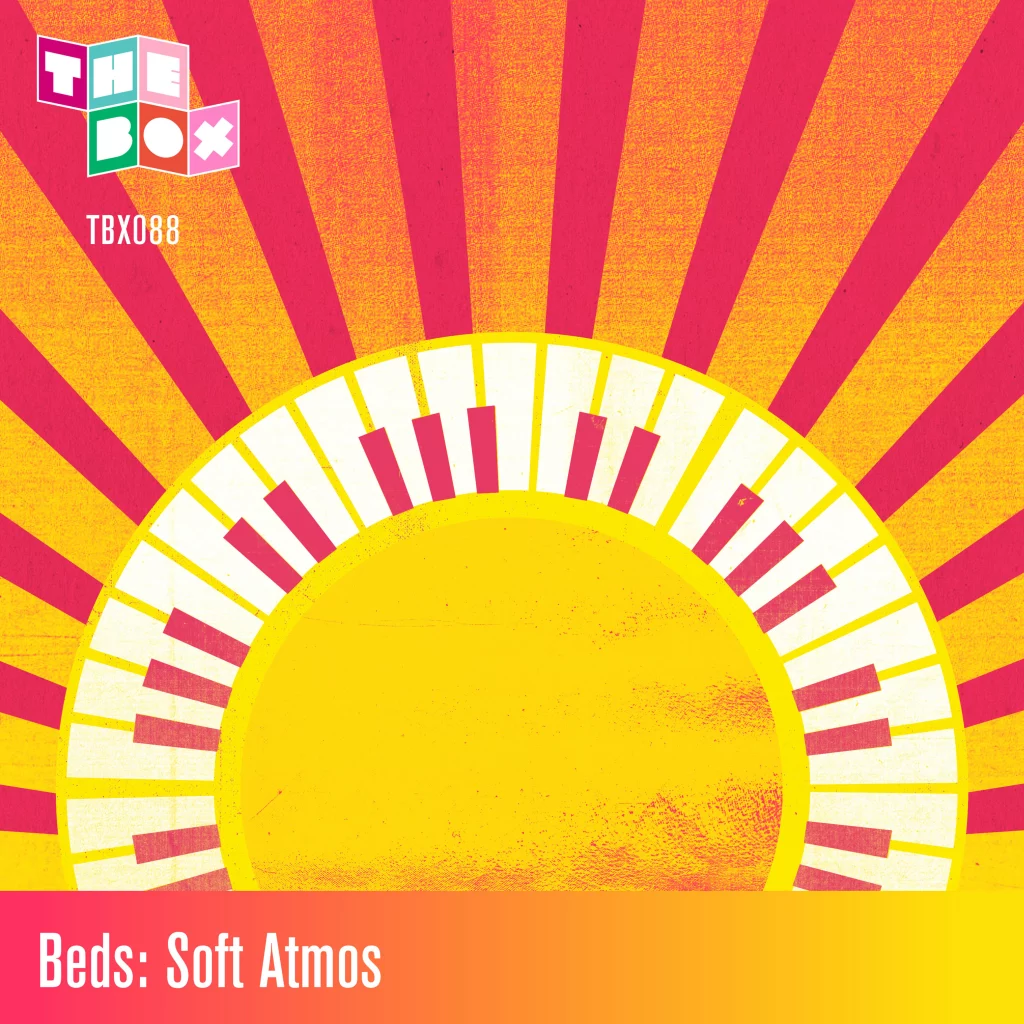Like most musicians, I am constantly creating new ideas. I keep a database of literally thousands of musical ideas, from short rough sketches to fully completed pieces – all categorised for easy access.
For many years, that database just lay there getting bigger, as I added new music to it daily. Five years ago, I decided to do something about it.

Library music (or production music) is licensed for use in TV, film, radio, documentaries, adverts etc. It is essentially “off the shelf” music that can be used quickly and easily.
The user (say, a producer of a TV programme), will look for a certain type of music in an online music library. When they find the one they like, they licence the music from the library. The composers are paid when the music is licenced, and also paid by PRS when it is broadcast.
This was an exciting prospect to me, so I started approaching libraries in 2019. I did a ton of research (including this great book by Dan Graham), making notes, completing tracks, and working out which libraries to approach.
There are two ways of working with music libraries. You can either create a concept for an album to pitch to labels (a couple of mine are an album of heartbreaking solo piano, and sports guitar rock tracks). If you have an album that is cohesive, complete and ready to go, a library is more likely to take it on.

The other way is to compose to briefs that libraries send out. They’ll say something like “We want epic guitar tracks with a nineties feel, 2-3 mins long, two tracks per composer please.” And you submit tracks within that brief.
I managed to get into libraries pretty easily and started working with most of them throughout 2019.
One thing I would advise to anyone looking into doing library music – you don’t really get paid for the first couple of years. The journey between submitting your album and seeing a return is a long and arduous one; labels might take ages to publish your work, then clients have to find it and use it, then the money has to make its way back to the publisher in time for one of their bi-annual payment schedules, and the broadcast money will be even further behind.
So, although my music was being used almost immediately, I didn’t make a single penny in 2019. In 2020, I made a few hundred pounds. In 2021 and 2022 things have started looking up and I now make 50% of my income through library music.
I love doing it. It feels very freeing being able to do pretty much any style of music as someone, somewhere would probably have a need for it. Some of my music (indie guitar, surprise surprise) is more successful than others (breakbeat) but I love doing it all.
It’s amazing to see where tracks end up, and I’ve created a chart that shows how each track is performing.
I’ll leave you with my favourite album that I’ve worked on; it’s called Alone (published by the huge German publisher Sonoton) and is relatively new. Sparse, late night, eerie and mildly jazzy vibes.
